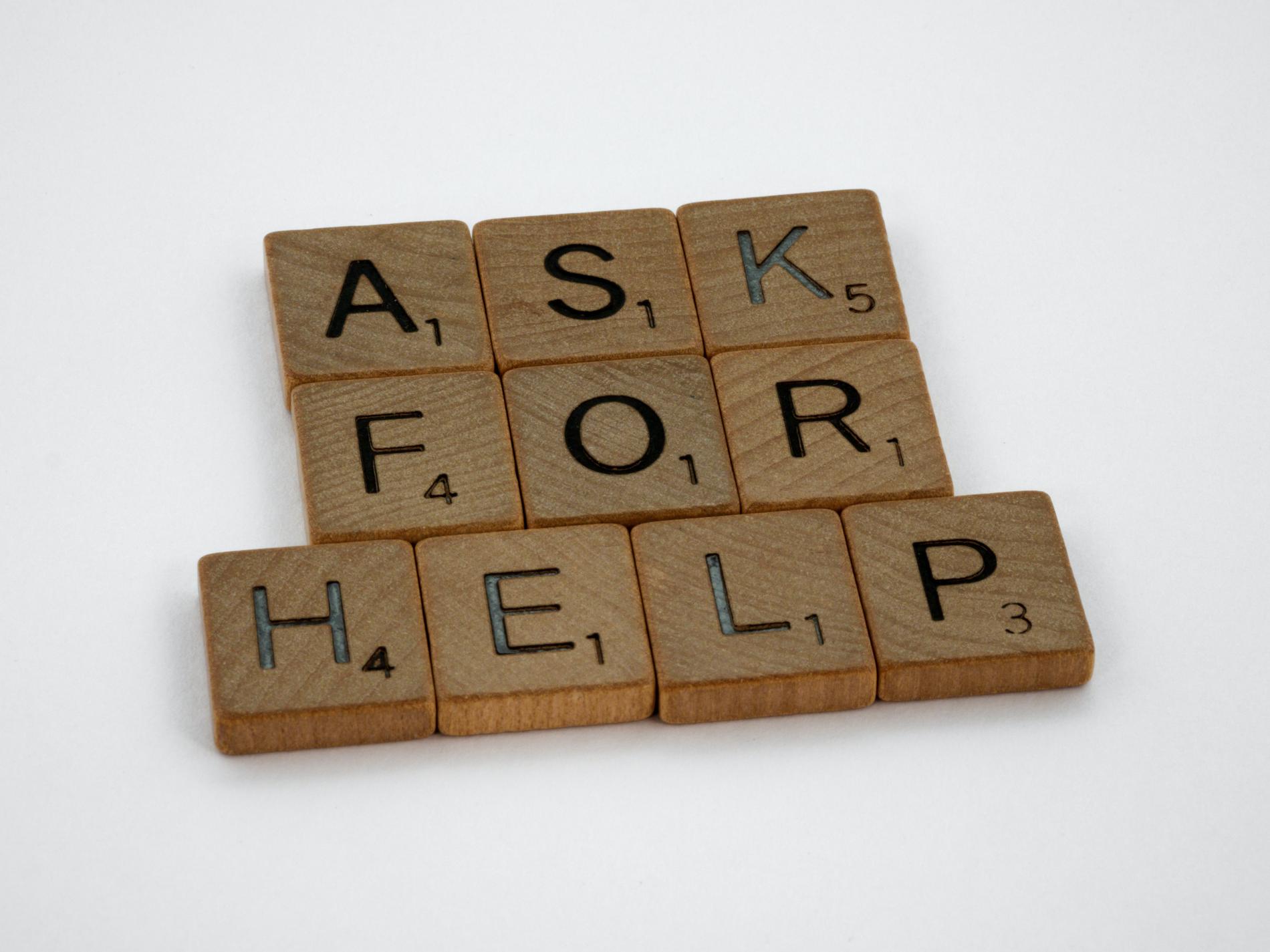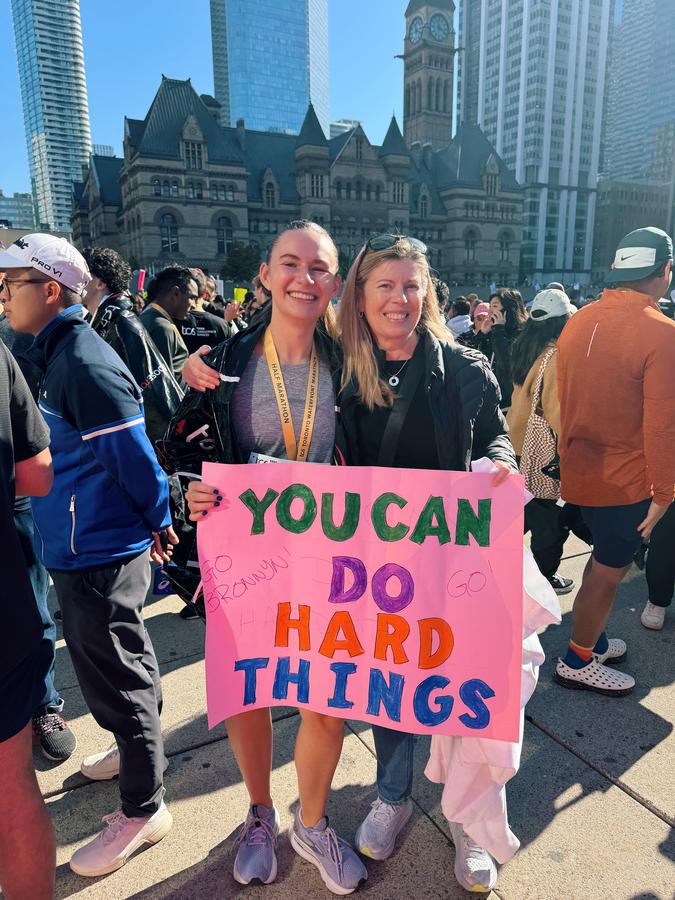
Kathryn
Nov. 9, 2022, noon

Getting all the help – and that’s ok.
So, I recently had an ED relapse. It was my first relapse, and it came about a decade after recovery. The downwards pull of the eating disorder was seductive, strong and sudden. While I recognized that life was getting stressful, I didn’t expect how quickly and loudly the ED would roar back to life.
Having been through recovery before gave me the wisdom and insight that I needed to recognize that I needed help – and fast. I knew I had to fight the voices in my head that were telling me I wasn’t sick enough, or that I wasn’t worthy of help, or that it was selfish of me to take up resources.
Now, reflecting on the amount of help I drew upon (and continue to draw upon in some cases), I’m deeply grateful (and maybe still fighting pesky feelings of guilt!). The worst parts of my relapse lasted a few months. Things didn’t get nearly as dark and dangerous as they did the first time. Because I got help. Because I persuaded myself that I was worth it. I’m also humbled. In a short amount of time, I accessed a wide range of services and each mattered in my journey. So, what did getting support for an eating disorder relapse look like for me?
NEDIC chat line: for the times in between appointments, for the moments of lonely desperation – I received instant compassion, reassurance, understanding and concrete suggestions.
Body Brave virtual recovery sessions: for the times I was seeking understanding – a safe place to feel less alone, to hear relevant perspectives, from a safe distance.
The Looking Glass personal recovery forum: for the times I’ve felt I couldn’t talk to a friend or family member - a wonderful peer to peer forum to bring some non-judgemental reflections and perspectives to my ups and downs.
My family doctor: for when I was doubting myself in my illness – an amazing response of belief, support and nonjudgement. (Everyone seeking medical care deserve this!)
A non-diet registered dietitian: for when the conflict in my head about food and body became too loud – information to reason with my rational brain and compassion to hold space for my hurt.
A psychotherapist: for the triggers and the past trauma that had invited the eating disorder in, and for rebuilding resilience.
A physical therapist: for the injuries that over-exercise was bringing on, the wisdom to both reassure me that my body was capable of healing and to steer me on a path that included gentleness and rest.
I do recognize that in addition to wisdom I drew on to seek help, I also have a lot of privilege that makes it easier for me to access help. (I also believe It should never be a privilege to access timely, appropriate help.) I also consider how much stigma about eating disorders and mental illness shaped the kind of help I accessed. If I had felt less shame about my struggles, would my circle of care have included more family, friends and colleagues? Would I have felt more comfortable admitting that I’m struggling and would I have found support and community closer to home? Maybe. But each one of the elements of help that I sought out gave me something different, something I’m sure I needed.
While I still have some uncomfortable feelings about how much help I needed, I am proud of myself too. I honoured my own worth. I listened to the voices that said I deserved care. Thank you, helpers and carers. You make a huge difference. If you’re struggling, or doubting, remember you are worth it and deserve help, too.
Author’s Bio
In her professional realm, Kathryn is a confident, lead-with-humanity manager in a major cultural institution. Outside of that, she’s a jumbly mix of recreational athlete, Girl Guide leader, parent, partner, friend and messy human. Her recovery from anorexia is ongoing.

July 9, 2025, 3:47 p.m.

May 22, 2024, 12:40 a.m.